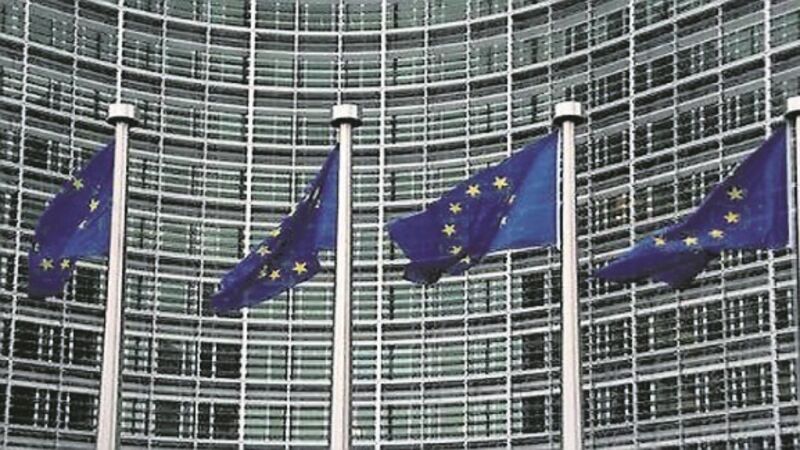Irish firms may miss €415bn EU Digital Single Market

The EU Digital Single Market is an attempt by European authorities to combine 28 national digital markets into just one.
This, they suggest, could contribute €415bn to the European economy boosting jobs, growth and competition.
















